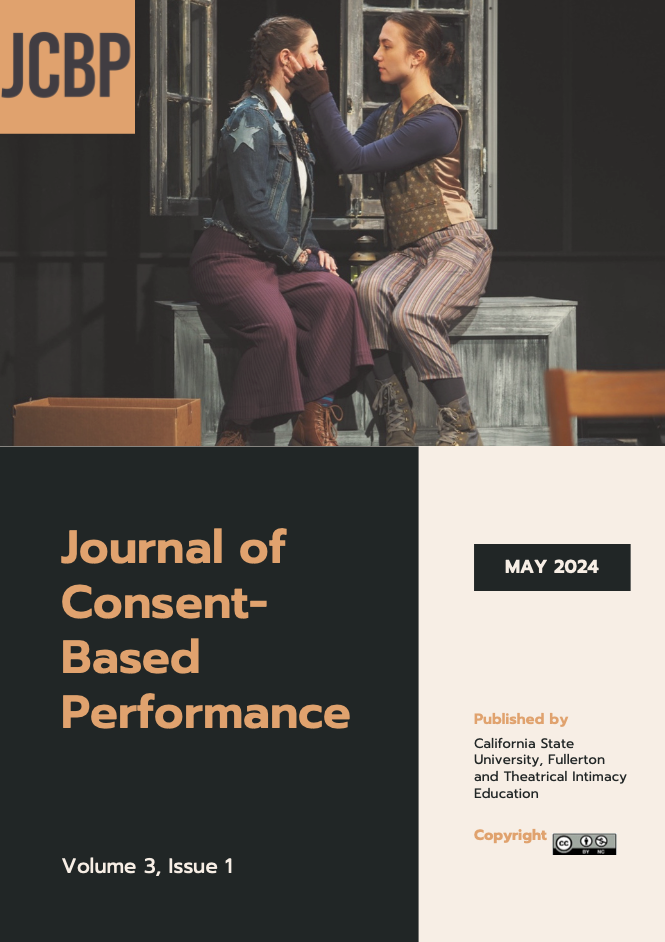True Women as Sacred Friends Harriet Jacobs’s Model of Consent-Based White Allyship in Incidents in the Life of a Slave Girl
Main Article Content
Abstract
Drawing from African American author and anti-slavery advocate Harriet Jacobs, this essay demonstrates that even well-intentioned white abolitionists can inadvertently reinforce racist systems. Jacobs sought help from white abolitionist Harriet Beecher Stowe to share her emancipation story, but received a response that exposed her past to Jacobs’s employer without consent. In her novelized memoir Incidents in the Life of a Slave Girl, Jacobs demonstrates the importance of Black voices and leaders in the abolitionist movement, showcasing feminist scholar Chandra Mohanty's concept of a “coalition” of women using their diverse positions to combat social inequities. By examining Jacobs's portrayal of the white women who aided her, I argue that Jacobs employs the rhetoric of true womanhood and sentimental novels to depict models of true allyship marked by consent-based sympathy. This essay delves into the nuances between sympathy and empathy in the context of nineteenth-century literature, referencing Gay Gibson Cima's assertion that these terms cannot be collapsed. By connecting Jacobs's use of sentimentality to Cima's differentiation between Black expressions of sympathy and empathy, this essay reveals how Jacobs strategically fosters empathetic connections between white and enslaved women, promoting a coalition of consent-based allyship in nineteenth-century abolitionist discourse.
Article Details
Authors retain copyright of submissions to and publications while granting JCBP a non-exclusive CC-BY-NC 4.0 license.

